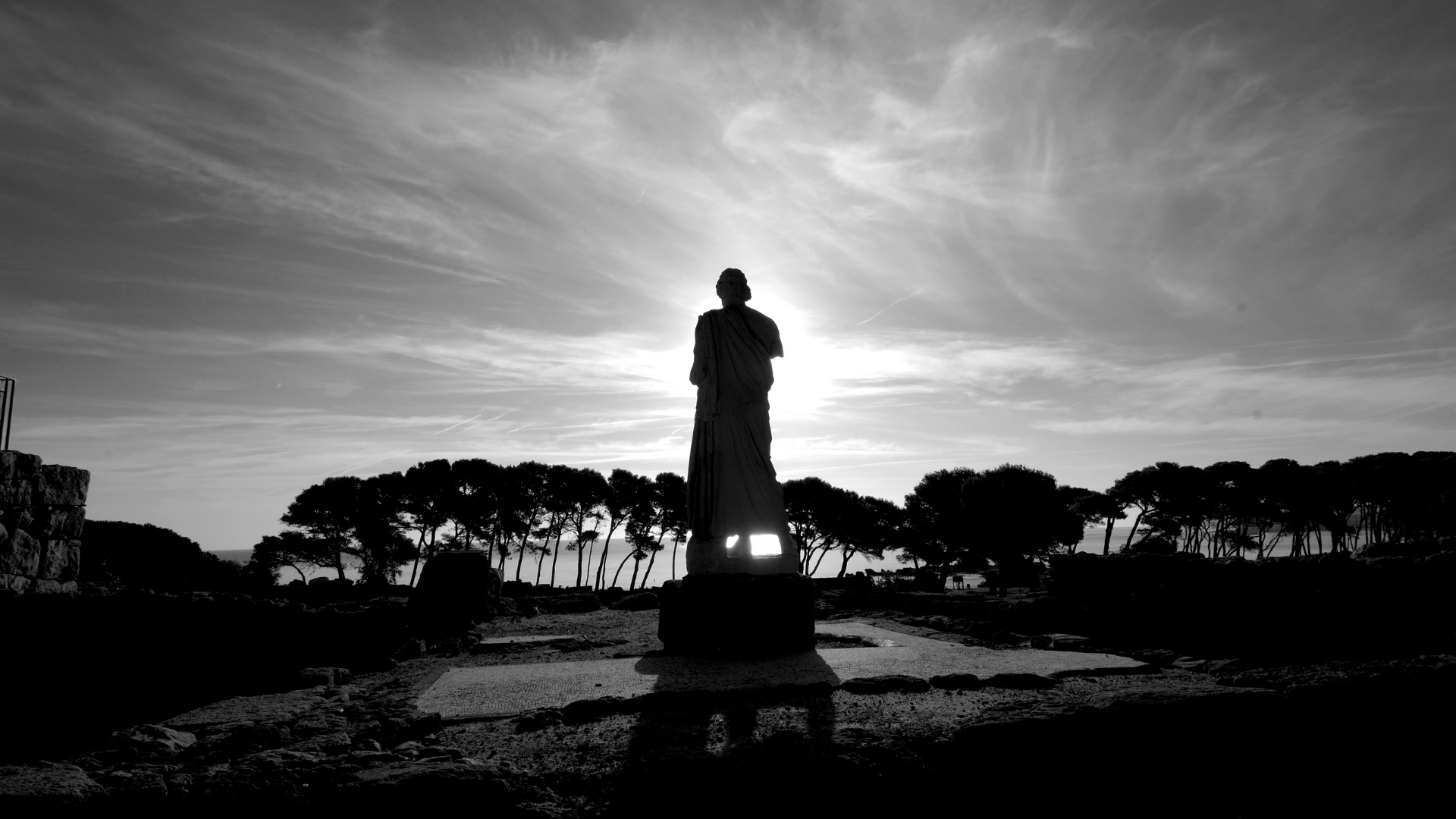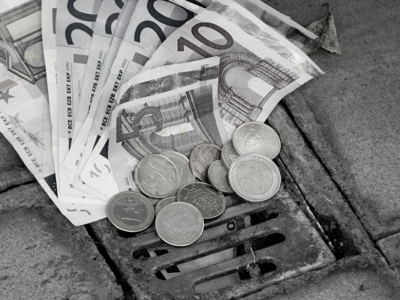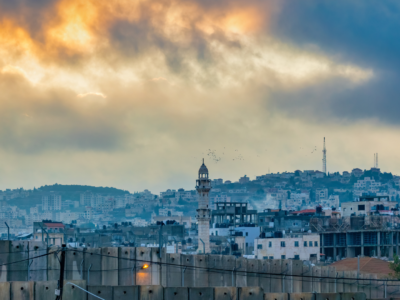Catalonia in a post-liberal world

By Miquel Vila
29/06/2021
The promise of post-Cold War liberal internationalism has been one of the most compelling narratives in our recent history. As we all know, after the fall of Communism, the world promised to be ruled by international law, open and fair markets, multilateral institutions, and universally granted human rights. Ideological and great power competition belonged to the museums.
This story has been especially attractive for stateless minorities. For centuries minorities faced the threat of exclusion, genocide, and forced assimilation. But with the coming of the “end of history”, minorities of all kinds would be protected from harm, and weaker states would not need to worry about their odds of survival anymore. The “international community” or higher authorities represented by global and regional institutions, would be in charge of enforcing human rights for all. And you could believe all of it because this story was backed by the mightiest superpower humanity has ever seen: the United States of America.
At the peak of American power, even Beijing somehow framed its political system within coordinates acceptable to global liberal audiences – especially to those eager to do business in China. It can be argued that Beijing was only “biding its time”, but it had to do so for a reason. US hegemony imposed a consensus around international institutions and some degree of tolerance and respect for human rights was expected, although not always equally enforced.
However, thirty years after the fall of the Soviet Union, there is plenty of evidence that the world never really worked according to liberal promises. Regime change interventions have failed miserably. International institutions have been exposed as extensions of great powers’ interests. And minorities were only seriously protected when they were geopolitically useful. There is nothing surprising about any of this: that is how international reality has always been.
Nevertheless, the liberal promise was not just a cynical construct of American foreign policy. A lot of people bought it, and still do. During the previous two decades, the US was in a comfortable position with no serious challenger. The unipolar moment allowed Washington to pursue the enterprise of liberal hegemony, sometimes overextending beyond its strict national interest – which is not the same as saying that there were no other interests involved in its interventionist adventures.
The endurance of the liberal world order was dependent on the undisputed position of the US and its Western allies. Regardless of who remains number one, the rise of China and the developing countries has irreversibly modified the structure of the international system. Even among established democracies, illiberal practices are rising. That does not mean liberal-democratic values have disappeared from the international stage. On the contrary, liberalism is still a powerful idea essential to Western countries’ foreign policies. However, with the shift in the global balance of power, liberalism’s capacity for managing global affairs has been eroded. As Bruno Maçaes recently stated, “the power of enforcement coming from global democracies is much weaker now.” The transition from a unipolar system to a multipolar world is the final nail in the coffin to the international liberal promise.
The fault lines of the Catalan humanitarian case.
The international strategy of Catalonia, based on the faith on the promises of the liberal international order, has aimed at securing foreign agency. The Catalans have focused on raising awareness among “global public opinion,” denouncing Spain’s illiberalism and demanding the “international community” to intervene on their behalf. For sure, all of that needs to be done, and it has led to significant victories for Catalonia. However, that is far from enough. The Catalan leadership somehow expected that some higher authority would solve the Catalan question for them. The goal of their diplomatic activity was never to secure international recognition – formal or tacit – or to present the case of why a sovereign Catalonia was in the interest of other countries.
The crackdown on the 2017 referendum was supposed to give more evidence to support the case for external action on the grounds of violation of democratic rights. Spanish repression in Catalonia crosses the line of what should be expected from an EU member state. The Catalan self-determination movement must denounce the history (and reality) of forced assimilation of the Catalans by Spain. That’s an essential part of Catalonia’s case for statehood. Nevertheless, self-determination has always had a cost. And the Catalans are far from having met what other nations have paid, and are still paying for their freedoms. With a moderate level of repression, Catalonia was trusting everything to the mercy of the international community, and that is a bad indicator of the long-term sustainability of the Catalan independence project.
That approach and the erratic behaviour of Catalan leaders during the aftermath of the 2017 referendum planted seeds of doubt about the reliability of the Catalans. If Catalonia is only aiming to obtain mediation – hence an agreement with Spain – why should foreigners get involved and risk their relationship with Madrid for nothing? Instead of encouraging trust in Catalonia’s bid for independence, the Catalan self-determination movement presented itself as a delusional and reckless actor. The fact that nowadays pro-independence parties are working along with the current government of Spain confirms those doubts and diminishes the coherence of the narratives demanding external intervention on the grounds that Spanish democracy is not truly liberal. Indeed, Pedro Sanchez’s recent pardoning of nine Catalan political prisoners has allowed Madrid to divert attention from the severe criticism coming from the Council of Europe and has reinforced Spain’s image as a fully democratic country in the eyes of liberal global audiences.
Catalonia’s government had a strong liberal-progressive orientation, and has been reluctant to establish connections with actors with different values. Despite that, even within liberal audiences, the Catalan cause has not garnered much sympathy. Is that because the Catalans aren’t liberal and democratic enough? To be honest, for those who matter, no one really cares about that. The perception of international public and governmental opinion is mediated by geopolitical interests. Freedom fighters who may be labelled as terrorists and radical extremists will be rebranded as moderate centrists when needed. Common values are like a common language, it can be helpful to establish communication, but common language doesn’t mean common interest. Even like-minded countries need something more than a tear-wrenching story and similar views of the world to take action.
Overplaying the role of the victim only reinforces the idea that Catalans are totally powerless. And powerless actors are of no use for anyone. However, that does not meet with reality. The Catalan self-determination movement has proven its capacity for resistance and its willingness to take risks. It is a movement able to mobilize millions, with a proven capacity of making an impact through massive civil disobedience and funding campaigns. The Catalans are the largest national minority in Western Europe. Barcelona is a city with a strong power of attraction, and Catalonia is still an important economic powerhouse in the Mediterranean. Catalonia has more to offer than complaints about Spain, and that is what its leadership should focus on.
Beyond liberal internationalism.
In Catalonia, the downfall of the liberal consensus has been received with the same sense of despair as that of most intellectuals across the Western world. Indeed, national minorities have suffered the first blows of the change of paradigm. Nevertheless, international tensions may be good for self-determination. A national liberation struggle tends to be an unequal one and the international factor is crucial for balancing the stakes. Like it or not, it is during times of decomposition and change in the international system that most national minorities have found the opportunities to rise to statehood.
Living in a multipolar and post-liberal world means that Catalonia will need to be open to talk with unlike-minded actors too. That does not mean renouncing one’s values. Take the example of Tsai Ing-wen’s administration. Tsai has been pursuing one of the most progressive agendas in Asia, and her administration has developed a soft-power campaign winning appreciation of liberal audiences. At the same time, she has taken advantage of the geopolitical opportunity given by the tensions with China, presenting Taiwan as a valuable and reliable actor. Tsai has not been shy in building closer ties with some of the most conservative governments in the region like Modi’s India, Abe’s Japan, or Donald Trump’s America. The cases of Catalonia and Taiwan are totally different, but Catalan leadership could learn a thing or two from Tsai’s approach in navigating a post-liberal world.
The impending post-liberal multipolar world is characterized by the existence of competing centers of power. Within the Western world, a significant plurality of interests is unfolding. Opportunities may emerge from the Atlantic divide, post-Brexit Britain, the division in the EU between “the frugal four” and “the friends of cohesion”, and the rising tensions in the Mediterranean just to mention a few. Those frictions have an ideological dimension, but they are essentially caused by structural incompatibilities. In this world, Catalonia has more doors to knock on. However, international actors will not care how open Catalan society is or how Catalonia’s cause is backed by international law. What international actors will care about Catalonia is what it can offer to complement their own agendas.
Catalonia should make efforts to present itself externally – and internally – as an actor fit to pursue the quest for self-determination. That means it is valuable, reliable, and conscious in the eyes of others. Valuable, as an actor who can offer something in exchange for support. Reliable, as an actor that will deliver as promised, and is not going to give up when things go south. Conscious, as an actor who is not going to engage in reckless actions and understands that international politics is a serious and costly business, where power and interests are the common languages that make just causes advance.
Lastly, this new context gives Catalonia clarity. There is no longer any reason to take refuge in the delusional idea that by being the embodiment of righteousness, a graceful foreign intervention will give the Catalans what they have dreamed of for generations. The recent stories of the protests of Hong Kong and Myanmar left no room for delusions. If adapting to a multipolar world is crucial for more or less established nation-states, it is a life-or-death matter for a national minority. The Catalans have no excuse for not learning the lesson. If Catalonia wants to grasp the opportunities that the new geopolitical landscape may offer, it will need to recalibrate its general approach to international politics. Thankfully, in 2021 it is fashionable again to accept that the pursuit of power and survival lies at the center of international politics. Everyone is rushing to dig out good old-fashioned realist handbooks. That is what the Catalans should do too.
Miquel Vila is the Executive Director of the CGI. He is specializing in geopolitics and geoeconomics of China and the Indo-Pacific region; and in limited recognized state-like entities.
The opinions expressed in this publication are those of the authors. They do not purport to reflect the opinions or views of the CGI or its contributors. The designations employed in this publication and the presentation of material therein do not imply the expression of any opinion whatsoever on the part of the CGI concerning the legal status of any country, area or territory or of its authorities, or concerning the delimitation of its frontiers.


